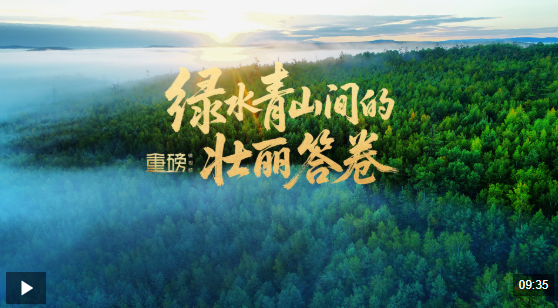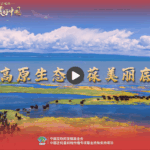“Peace and prosperity” – Anji in Zhejiang has long carried this auspicious meaning.
Twenty years ago, an idea born here profoundly influenced China. On August 15, 2005, during an inspection in Yu Village, Anji, a visionary concept was introduced: “Lucid waters and lush mountains are invaluable assets.”
Guided by this forward-thinking philosophy, the people of Yu Village worked to restore their ecosystem, bringing back clear waters and green mountains. This effort unlocked the door to sustainable economic growth, paving a green development path that combines ecological beauty with public prosperity.
This small mountain village serves as a window into profound reflections on ecological progress. It was emphasized: “Ecological conservation is a strategic national priority. For China’s development, we must advance ecological civilization.”
Ecological progress was integrated into China’s Five-Sphere Integrated Plan alongside economic, political, cultural, and social development. In May 2018, a national conference on ecological and environmental protection formally established a guiding ideology on ecological civilization. Over the years, the concept of “lucid waters and lush mountains” has gained widespread recognition, launching the world’s largest ecological initiative.
Today, China resonates with a symphony of harmony between humanity and nature.



